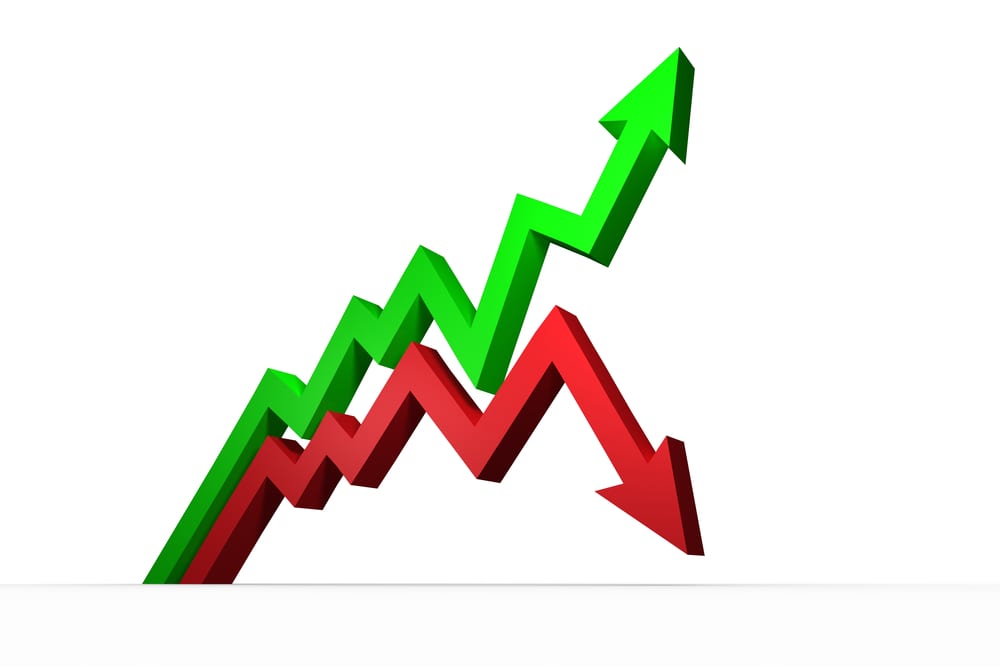Bryan Perry
Bond Yields Going Nowhere except Maybe Lower
The first major chink in the dollar’s armor was felt by Wall Street recently when a key employment data point effectively sent the Fed off the playing field and right to the showers. The dollar has been under heavy pressure following the July 31 release of low data regarding the U.S. Employment Cost Index (ECI).
Higher Dollar Making for Stiff Resistance
Heading into earnings season, Wall Street analysts’ views were very mixed as to how America’s leading multinational corporations would fare against a macroeconomic backdrop where the Fed is chomping at the bit to tighten rates at least once before year-end while the U.S. dollar index is turning back up in correlation with the Fed rhetoric and a weaker euro post-Greek deal.
High-Yield Income from the High-Tech Sector
For what lies ahead in the second half of the year, there is a lot of buzz surrounding the high-tech and biotech sectors. Last week, shares of Google (GOOGL) soared to a new 52-week high on stellar earnings, while shares of Amazon.com (AMZN) and Facebook (FB) vaulted to new all-time highs.
There’s Always a Bull Market for Income Investors Somewhere
We’re into the seventh year of zero percent interest rates, and income investors are wondering out loud when that string will be broken by the Fed looking to hike the Fed Funds Rate as early as September.
Camped-out Stable Dividend Stocks within Volatile Markets
It doesn’t take much to rattle the nerves of the most strident investors when what are seemingly unthinkable scenarios unfold within days of each other; the resultant effect can be a huge spike in market volatility that sends investors running for Mount Cash.
Looking Past Greece to America’s Heartland
The bell is about to toll regarding the future direction of Greece’s role in the euro zone, be it a compliant role of fiscal responsibility or a radical role that will lead to an exit as a member with draconian capital controls being imputed upon it by the International Monetary Fund (IMF) and European Central Bank (ECB).

![[piggy bank with a downward trending tail]](https://stage8.stockinvestor.com/wp-content/uploads/shutterstock_127515650.jpg)




![[tractor mowing wheat]](https://stage8.stockinvestor.com/wp-content/uploads/shutterstock_48384775.jpg)